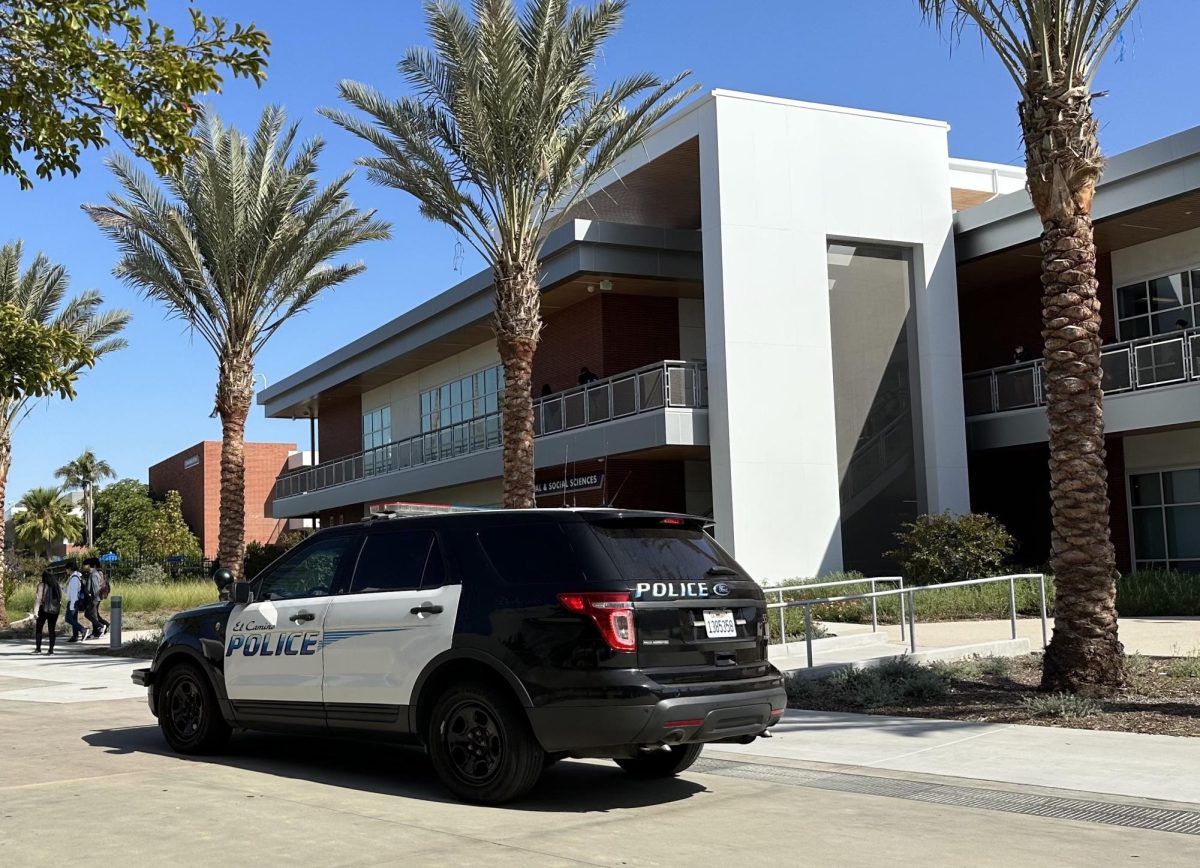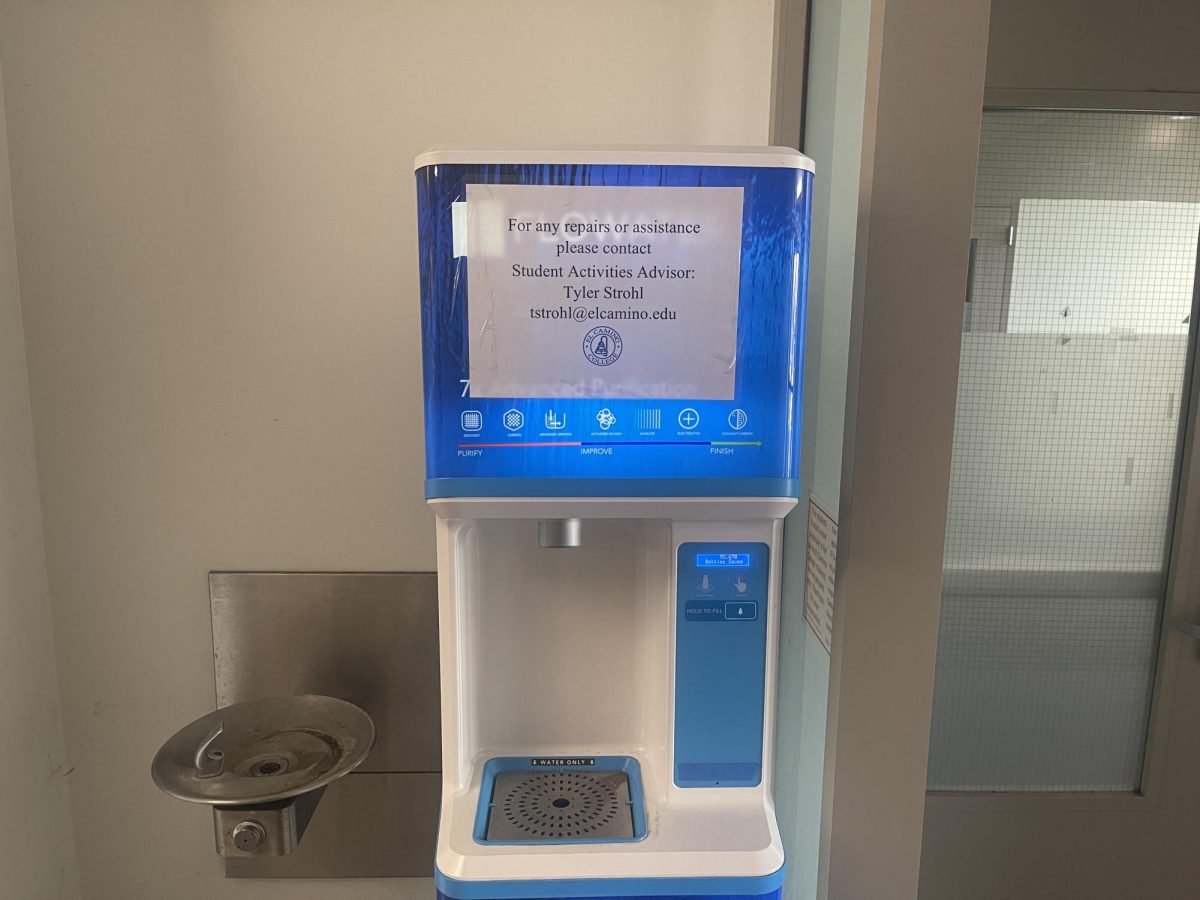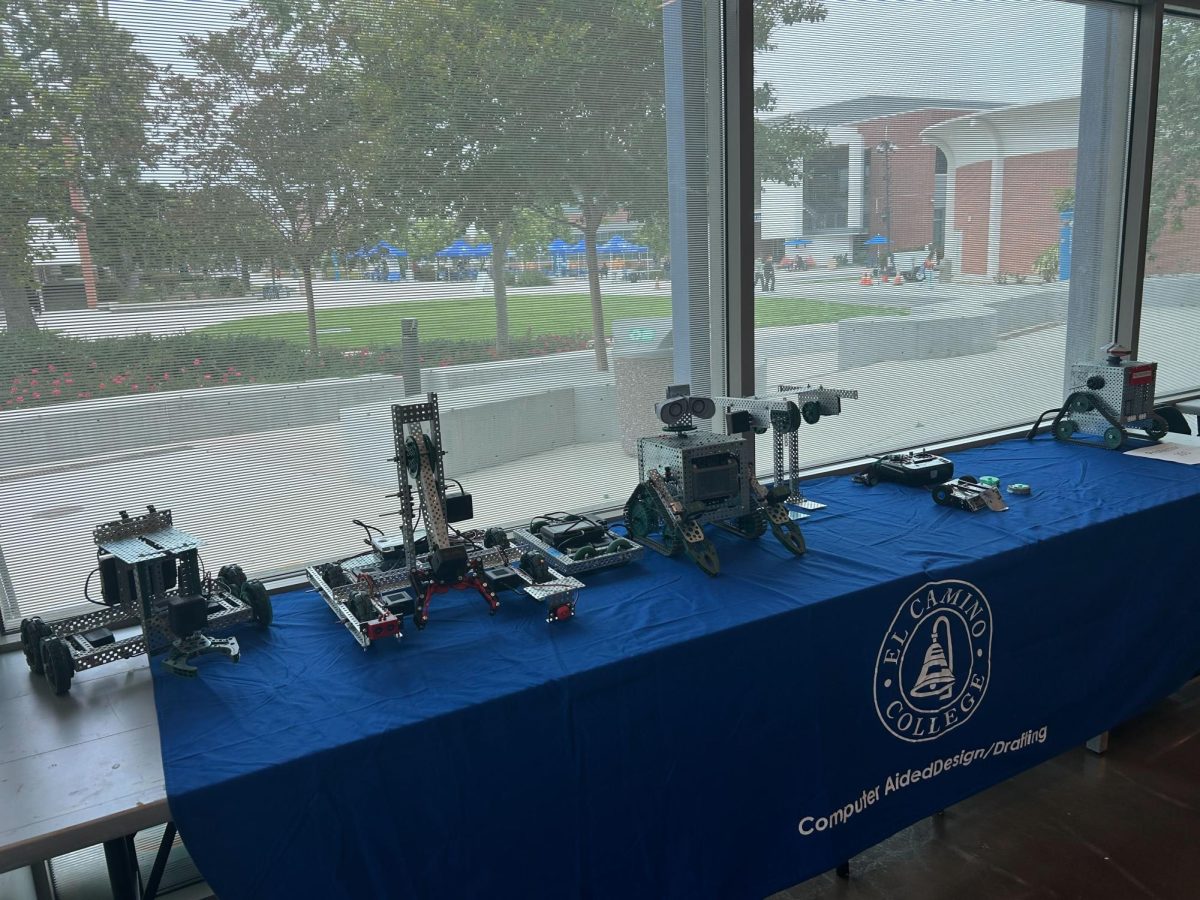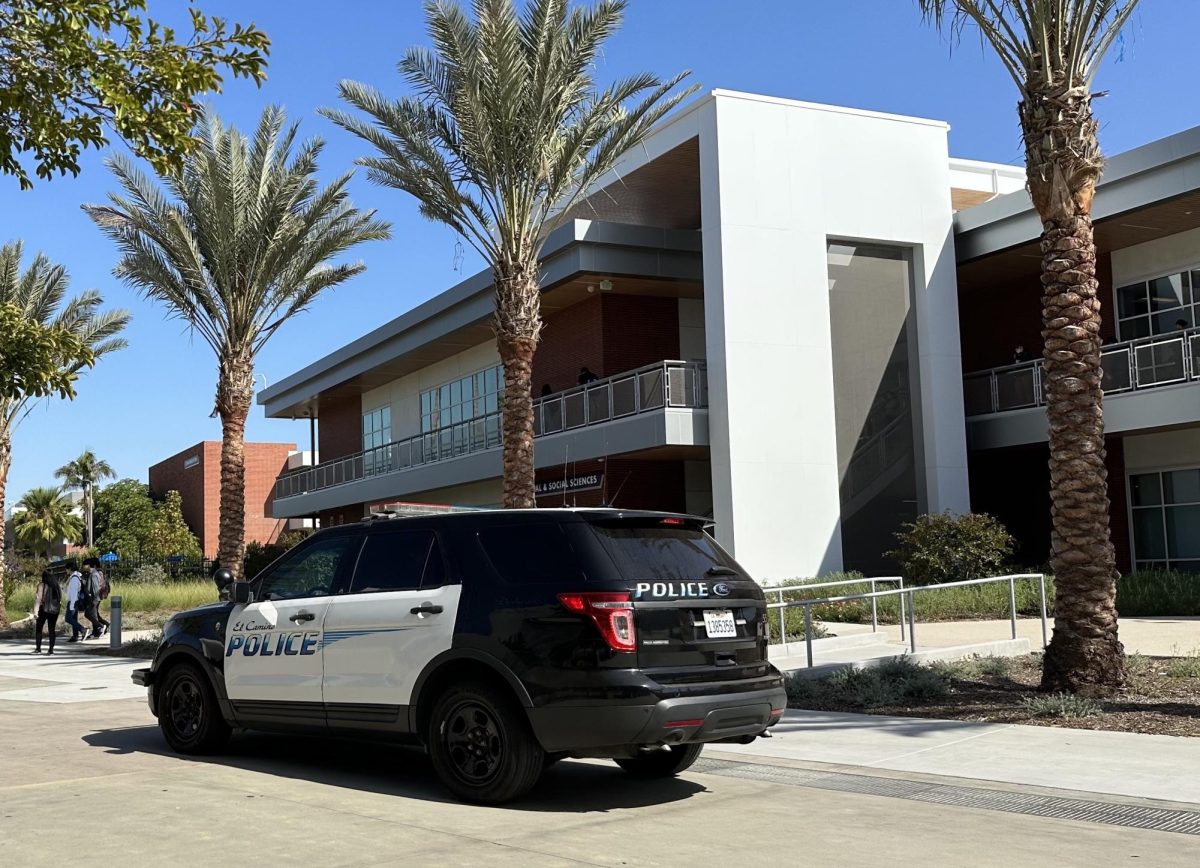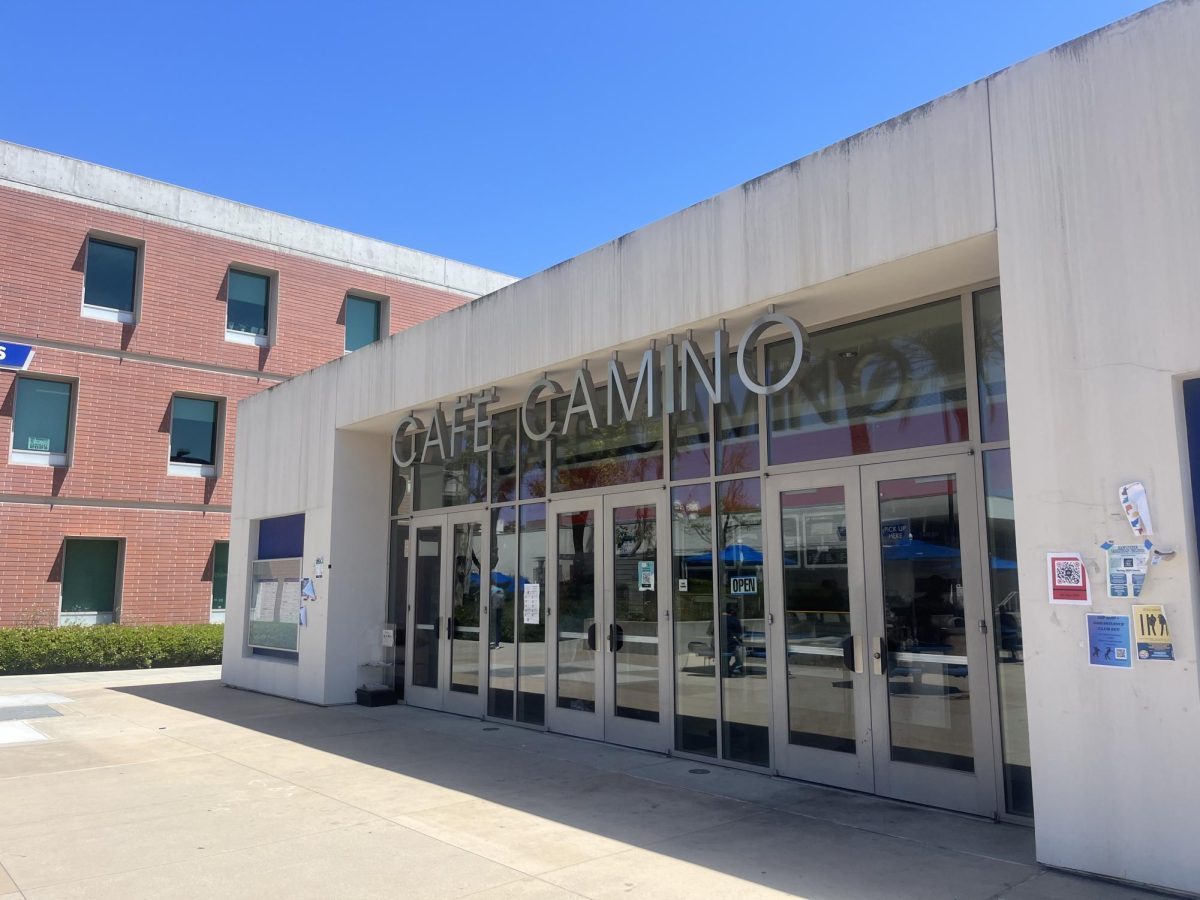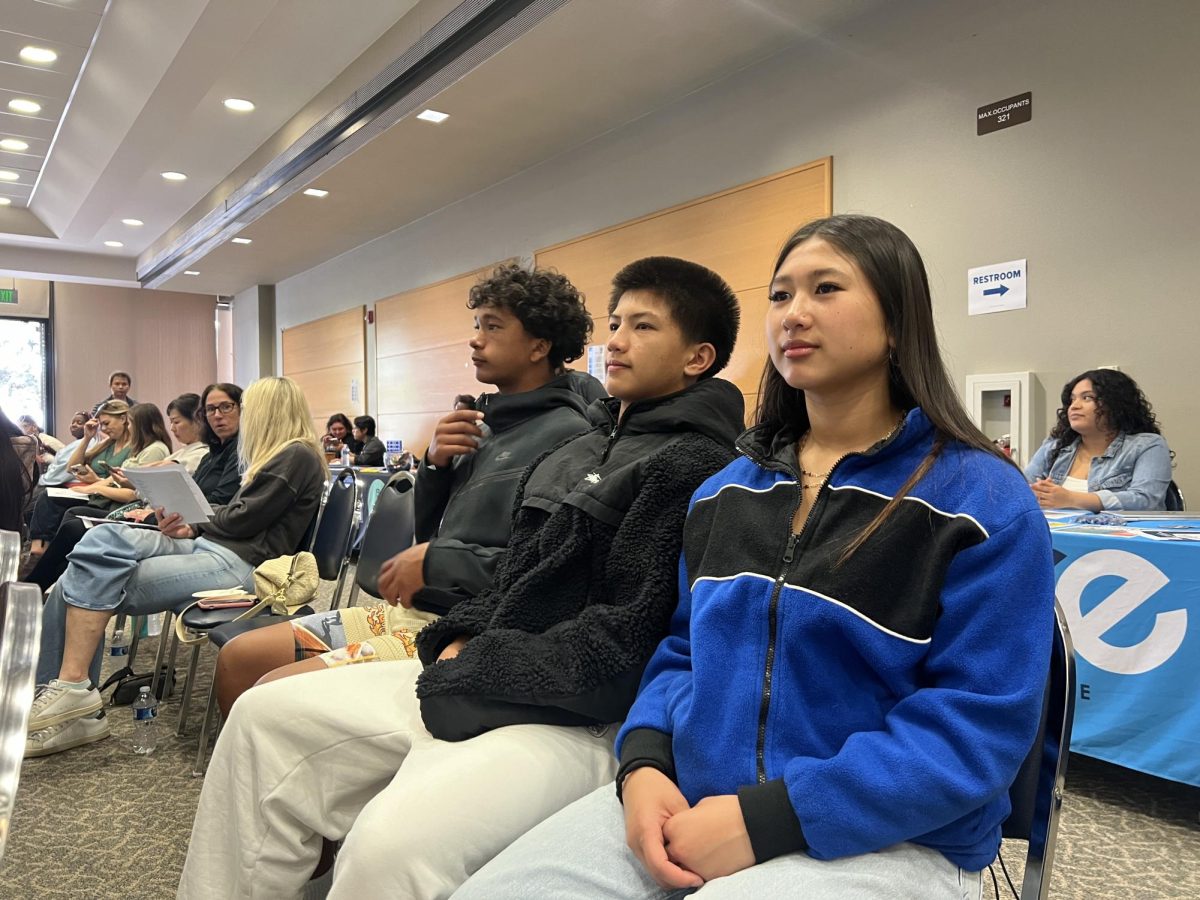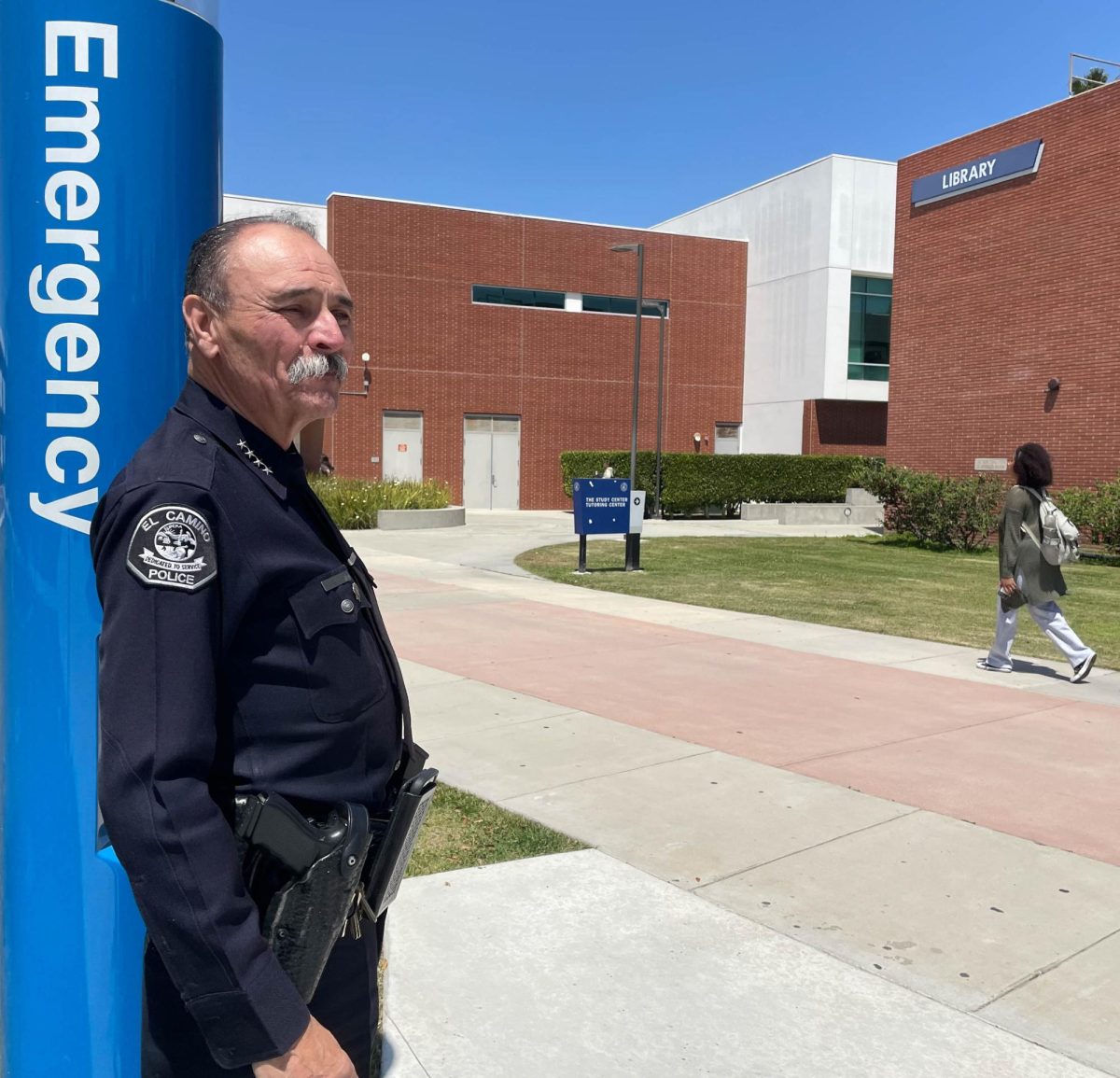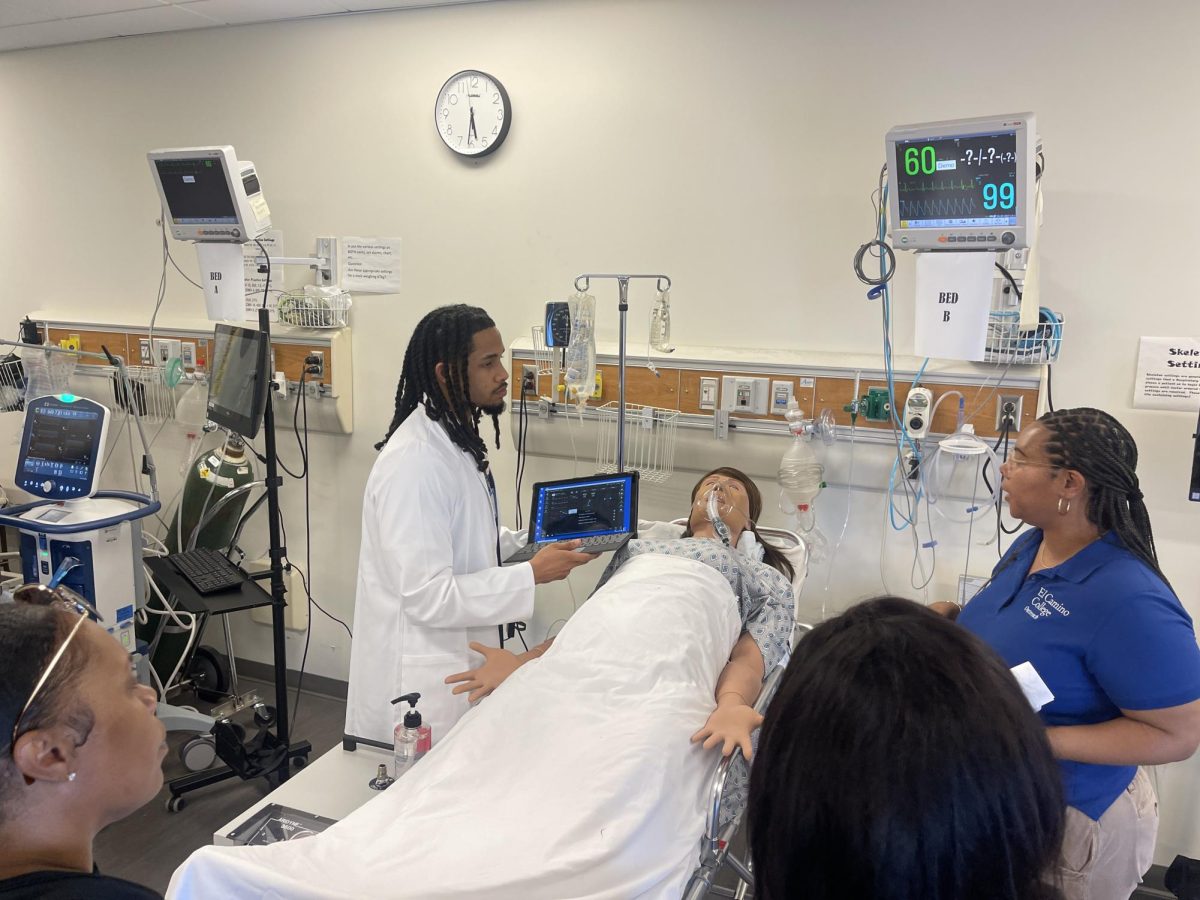As online education continues at El Camino College in light of COVID-19 restrictions, concerns with maintaining the integrity of student assessments without in-person proctoring have taken center stage.
“El Camino is part of the California Virtual Campus (CVC), [a] cross system organization which allows for cross enrollment,” Moses Wolfenstein, Distance Education faculty coordinator, said.
Before COVID-19, Proctorio was the choice proctoring software used for ECC online courses, but a switch had to be made after it no longer received full funding from the CVC.
After having to quickly evaluate alternative proctoring software to accommodate for faculty needs, Wolfenstein said they settled on Respondus which offers a flat price for their LockDown Browser feature.
ECC currently has contracts with Respondus for both their LockDown Browser feature and their Respondus Monitor feature. But alternative solutions to student assessments are being explored by instructors and staff at ECC.
“The point of online teaching, at least what I’ve learned, is to take for granted that your students are going to have a wider range of the materials around them that they’ll be able to utilize,” adjunct anthropology instructor, Kristen Olson, said. “Basically, that classes are automatically open-book, open-note.”
Olson has been teaching online classes at ECC for eight years. She said her courses, along with other courses outside of math and science, are easier to translate onto an online environment as a streamlined experience.
Michael Zeitzew, adjunct math instructor, has had a more difficult time finding an online solution for his student assessments.
“Pretty early on when I was [attending] the online certification course, from the things that I heard there and my own [experience] I was hearing a lot of negative feedback about some of the tools,”Michael Zeitzew said.
He’s been experimenting with several non-proctored solutions using online teaching and grading platforms like WebAssign and MyLab, but said he hasn’t been satisfied with any of them.
When it comes to testing, Olson creates question pools that automatically generate unique exams for individual students to deter cheating. This process takes a lot of time, she said, but she finds value in it as opposed to having “little pressure cooker exams.”
“The point is balancing how badly do you want to stop students from cheating versus how much you want to alleviate stress for the students,” Olson said.
As Olson’s classes have been flooded with students who would have never chosen to take an online course outside the pandemic, she’s found herself changing the way she grades to reflect student’s course understanding more accurately.
“What I have started doing is decreasing my point value for exams and increasing my point value for assignments and things like that,” Olson said.
Rebecca Zeitzew, applied mathematics major and daughter of Michael Zeitzew who has never taken any of his courses, found taking an online math class posed several struggles.
“Finding good math resources for higher level math education online is not easy,” Rebecca Zeitzew said, as most of them are subscription based.
In the fall 2020 semester, she took differential equations online after having taken a portion of the class in-person. During exams, students were given a time window to download and print the exam to then reupload it with their answers.
“[Students were] just given a little more flexibility to complete the exam if we couldn’t just between the two hour window, which I really appreciated that, it ended up helping a lot,” Rebecca Zeitzew said.
Despite her instructor not grading homework, she said she enjoyed being able to take exams in a more comfortable environment as she’s a nervous test taker.
Her instructor never used proctoring software in class but did ask students not to look at their notes, the textbook or any online resources.
For cosmetology students at ECC, looking for the answers in their textbook is a requirement for their online exams.
“[For] me, I learn better. It’s easier because you go through the book, you read it, you highlight it, you name the page number on where you found the answers, and then you have it for you and for the future and for the state board test,” Carilina Ceja, cosmetology major, said.
Her class exams don’t use any type of proctoring either, instead, students must complete chapter quizzes and exams by also showing where they found the answers. And when it comes to deterring cheating, Dulce Ontiveros, cosmetology major, believes it falls on the student.
“I think that also comes with the whole being responsible for yourself because either way if you want to pass the state exam, you have to learn the information,” Ontiveros said.
Michael Zeitzew said he’d like to avoid having a class where he spends two hours staring at students through their cameras as that time is better used interacting with them. And while cheating is still a concern, he’s more focused on something students are missing — engagement.
“Keeping them actively interacting, making sure I’m getting valid feedback and letting them know that I’m interested in their learning and I’m paying attention to them,” Michael Zeitzew said are main concerns for him.
He’s tried allowing students to submit anonymous feedback to him regarding the course but found students aren’t doing so. Drawing from his own prior experience taking online courses, he also understands the detached nature online classes can have.
“The top students who were fine before are still gonna be fine, it’s the ones who aren’t near the top that are paying the price,” Michael Zeitzew said.
Wolfenstein believes the ideal way to teach an online course would be to make the course subject more personal so that students draw from personal experience to complete class material, but understands that’s harder for certain courses.
“From my perspective, the solution that really works ultimately is not about policing how you do an assessment, it’s about changing how you assess,” Wolfenstein said.



